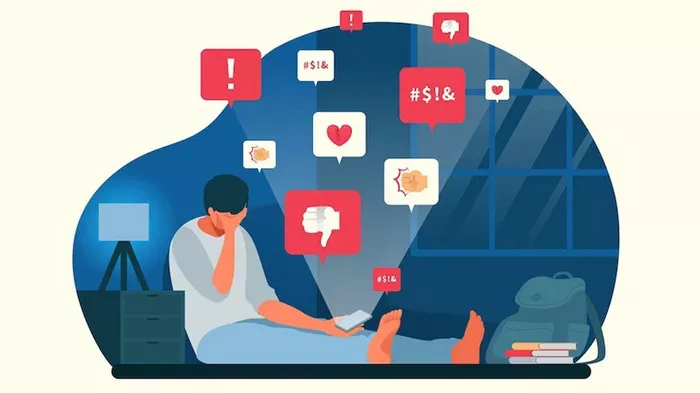In recent years, researchers have identified a concerning trend: adults are finding it harder than ever to form and maintain close friendships. Dubbed the “friendship recession,” this phenomenon is characterized by shrinking social circles, increased loneliness, and a decline in the quality of platonic relationships. Surveys indicate that nearly half of Americans report having fewer close friends than they did a decade ago, and a significant portion say they have no one to confide in about important matters. This decline in friendship has serious implications for mental health, as strong social connections are known to reduce stress, increase longevity, and improve overall well-being.
Several factors contribute to the friendship recession. One of the most significant is the changing nature of adult life. As people move through different life stages—starting careers, raising children, or caring for aging parents—their available time and energy for friendships often diminish. Unlike childhood or adolescence, when friendships are facilitated by school and extracurricular activities, adulthood lacks built-in structures for socializing. Many adults report feeling too busy or overwhelmed to nurture their friendships, leading to relationships that fade over time.
Another contributing factor is the rise of remote work. While working from home offers flexibility, it also eliminates the spontaneous interactions that often lead to workplace friendships. Watercooler chats, lunch breaks, and after-work gatherings have traditionally been fertile ground for forming bonds, but these opportunities are scarce in virtual environments. A recent study found that remote workers are more likely to report feelings of isolation and less likely to develop close friendships with colleagues compared to their in-office counterparts.
Social media, despite its promise of connectivity, has also played a role in the friendship recession. While platforms like Facebook and Instagram allow people to stay in touch with a wide network of acquaintances, these interactions are often superficial. Scrolling through a friend’s curated posts is not the same as having a deep, meaningful conversation. Moreover, the passive nature of social media can create the illusion of connection without the emotional fulfillment that comes from real-life interactions. Many people report feeling lonelier after spending time on these platforms, a paradox that underscores the difference between online engagement and genuine friendship.
Cultural shifts in how friendships are perceived have further exacerbated the issue. In many societies, romantic and familial relationships are prioritized, leaving friendships undervalued and underinvested in. Unlike marriages or parent-child relationships, which are often celebrated and supported by societal institutions, friendships lack formal recognition or rituals to sustain them. This can lead to friendships being treated as disposable or secondary, even though they are crucial for emotional support and personal growth.
Efforts to combat the friendship recession are emerging in various forms. Some cities have introduced “friend-matching” programs, similar to dating apps but designed to connect people seeking platonic relationships. These platforms use algorithms to pair individuals based on shared interests and values, facilitating the kind of organic connections that are harder to come by in adulthood. Meetup groups, hobby clubs, and community events are also gaining popularity as people seek structured ways to meet potential friends.
Psychologists emphasize the importance of intentionality in reversing the friendship recession. Unlike in younger years, when friendships often form effortlessly, adults must be proactive in maintaining their social bonds. This might involve scheduling regular catch-ups, being vulnerable about personal struggles, or simply reaching out to old friends to rekindle connections. Small gestures, like sending a text to check in or setting aside time for a phone call, can go a long way in preserving friendships amid busy lives.
The friendship recession is a complex issue with no easy solutions, but its consequences are too significant to ignore. As society grapples with rising rates of loneliness and mental health challenges, fostering stronger, more resilient friendships may be one of the most effective ways to build a healthier, more connected world. Whether through digital detoxes, community initiatives, or personal efforts to prioritize friendships, the need for meaningful human connection remains as vital as ever.


